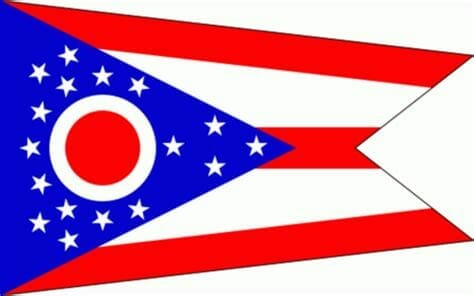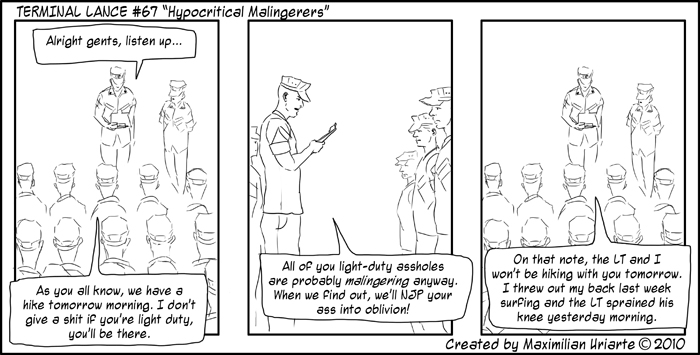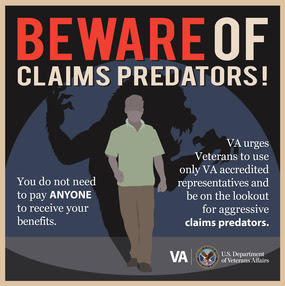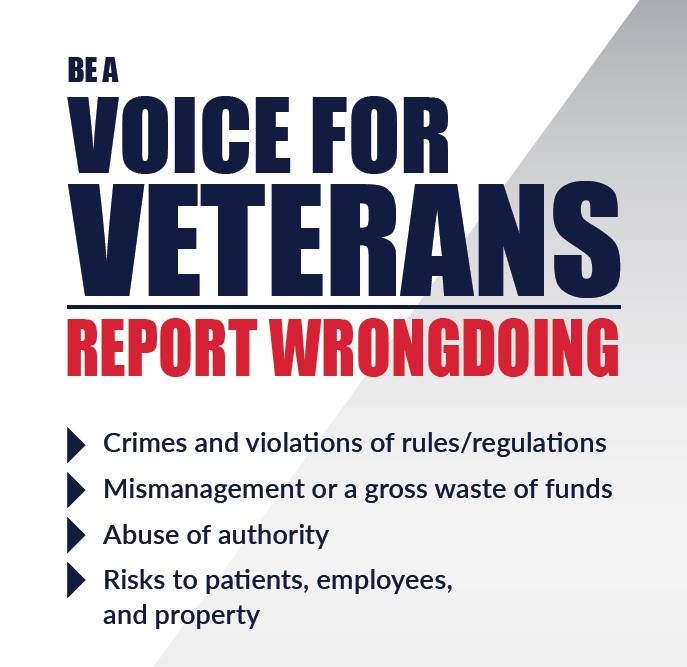- Home
- Psychologist & Psychiatrist C&P Examiners
- Forensic Competence Required
Veteran Disability Exams Require Forensic Psychology Competence
Summary: The Ohio Board of Psychology emphasized that conducting disability exams—including VA C&P exams—requires "foundational competencies in both general and forensic psychology."
PTSDexams.net is an educational site with no advertising and no affiliate links. Dr. Worthen conducts Independent Psychological Exams (IPE) with veterans, but that information is on his professional practice website.
Ohio Board of Psychology Alert
The Ohio Board of Psychology recently posted an Alert titled, Work Disability Examinations: Forensic Psychology Competence and Resources, making it clear that disability exams are forensic psychological evaluations.1 The Alert states:
"Psychologists undertaking practice on work disability matters are expected to have a working knowledge of the foundational competencies in forensic psychology and their application to work disability cases."
Thus, an Ohio-licensed psychologist without education, training, or experience in forensic psychology would be practicing outside their "boundary of competence" if they conducted Department of Veterans Affairs (VA) compensation and pension examinations (C&P exams).2
Ohio Board of Psychology Disability Exams Alert: Key Points
The Alert describes forensic psychology as "... professional practice when applying the scientific, technical, or specialized knowledge of psychology to a psycho-legal issue to assist the legal decision maker in addressing legal, contractual, and/or administrative matters."
- Note that the Board's statement mirrors, in part, Federal Rule of Evidence 702, Testimony by Expert Witnesses,3 which the Court of Appeals for Veterans Claims (CAVC) endorsed as "providing useful guidance" to the Board of Veterans Appeals when weighing the probative value of a C&P exam report.4
- The Court also clarified the role C&P examiners play in legal proceedings, "Both VA medical examiners and private physicians offering medical opinions in veterans benefits cases are nothing more or less than expert witnesses."5
- The Ohio Board of Psychology Alert emphasizes that forensic psychology "... includes work disability examinations, consultations, and reports provided to inform private sector and public sector disability claims adjudications." [emphasis added]
- Specifically mentions the VA disability benefits program: "Work disability programs of the Social Security Administration ... and Veterans Administration are examples of public sector claims adjudications."
- Underscores the importance of following forensic psychology standards and guidelines.6 "The psychologist in work disability practice must remain current on the
1) specific legal criteria involved in a claim;
2) forensic psychology competencies and professional practice standards and guidelines ...."
- Relying on clinical psychology training alone will not suffice. "Competent work disability practice requires foundational competencies in both general and forensic psychology." [emphasis added]
- "But the company told me that a DBQ is all that's required", will fail as an explanation if a psychologist does not understand and follow:
> forensic psychology assessment principles (including evidence-based assessment), particularly as applied to disability exams;
> professional practice guidelines;
> ethical standards, and
> ongoing research in relevant areas, e.g., evidence-based assessment of functional impairment or the identifying dissimulation during disability exams.
The Ohio Board emphasized:
Psychologists understand that requests, requirements, or perceived demands by referral sources do not supplant State Board rules and professional ethical requirements.
- Similarly, if an Ohio psychologist complains, "but they said these exams were easy ...", the statement will come across as a convenient rationalization, not a sound defense before the state licensing board. As the Ohio Board stated:
... psychologists proceed with knowledge that ease of entry to this area of practice and ease of garnering referrals have no bearing on the professional requirement for documented competence in forensic psychology.
Footnotes
1. Ohio Board of Psychology, "Work Disability Examinations: Forensic Psychology Competence and Resources" (July 18, 2018), https://psychology.ohio.gov/laws-rules-resources/advisories-resources/work-disability-examinations-forensic-psychology-competence-and-resources
2. American Psychological Association, "Ethical Principles of Psychologists and Code of Conduct" (2017): 2.01 Boundaries of Competence, https://www.apa.org/ethics/code/
3. See Fed. R. Evid. 702, Testimony by Expert Witnesses ("A witness who is qualified as an expert by knowledge, skill, experience, training, or education may testify in the form of an opinion or otherwise if: (a) the expert’s scientific, technical, or other specialized knowledge will help the trier of fact to understand the evidence or to determine a fact in issue; ...").
4. Nieves-Rodriguez v. Peake, 22 Vet. App. 295, 302 (2008).
5. Id.
6. American Psychological Association, "Specialty Guidelines for Forensic Psychology", American Psychologist 68, no. 1 (2013): 7-19, https://www.apa.org/practice/guidelines/forensic-psychology
- Home ›
- Psych Examiners ›
- Competence
Subscribe to receive new articles and other updates
What Do You Think?
I value your feedback!
If you would like to comment, ask questions, or offer suggestions about this page, please feel free to do so. Of course, keep it clean and courteous.
You can leave an anonymous comment if you wish—just type a pseudonym in the "Name" field.
If you want to receive an email when someone replies to your comment, click the Google Sign-in icon on the lower right of the comment box to use Google Sign-in. (Your email remains private.)
↓ Please comment below! ↓






